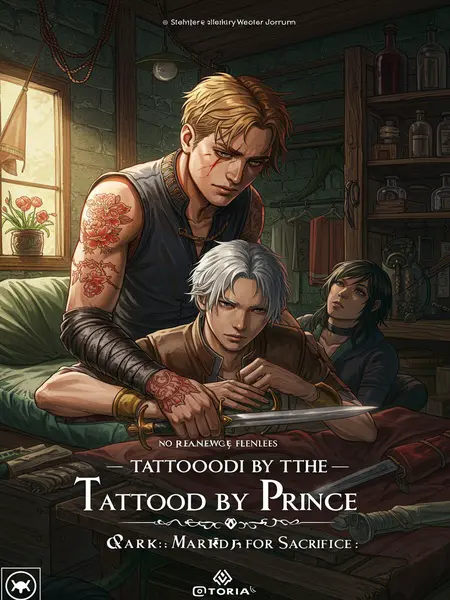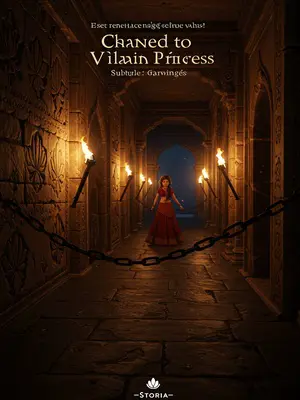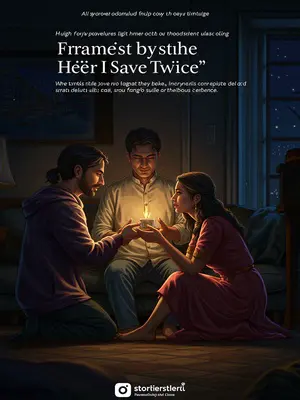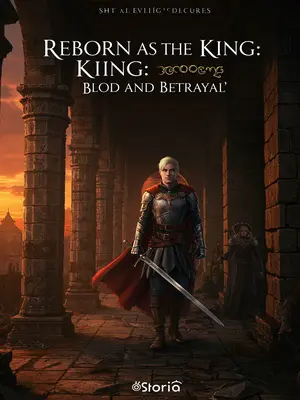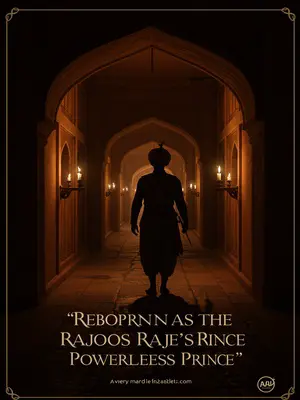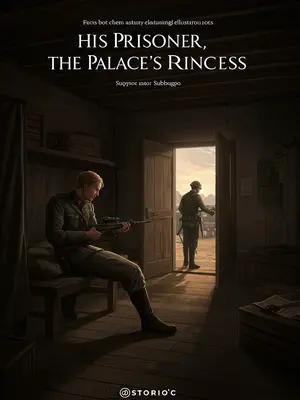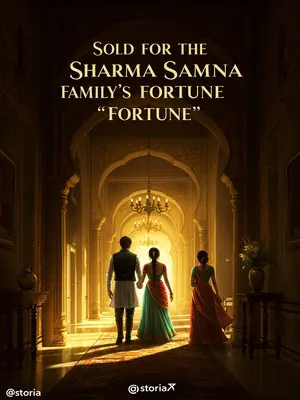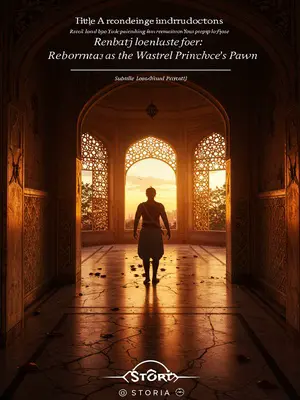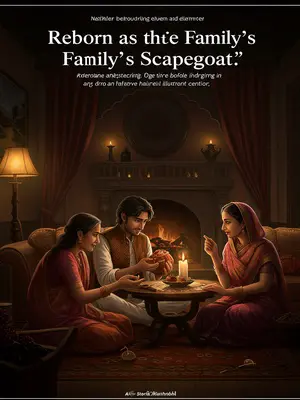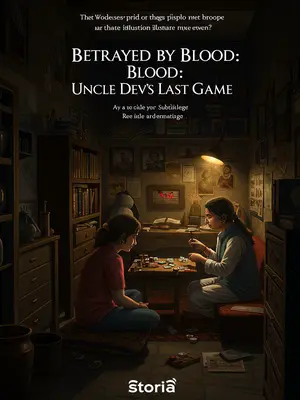Chapter 6: Secrets of the Panch-Mukh Bhootnath
I called my master, briefly explained the situation, drew the tattoo and sent it to her on WhatsApp for her to see.
Even though it was late, I knew she’d answer. For us, the tattoo business never sleeps. I was shaking so much, my drawing was a mess, but I clicked a picture and hit send anyway.
My master is an old tattoo artist with forty years of experience, both knowledgeable and highly skilled.
In our community, we call her 'Didi', though she’s old enough to be everyone’s mother. Her hands never tremble, and her stories are legend in the bylanes of Chembur.
She slapped her thigh and exclaimed, "Arrey Ram, that’s the Panch-Mukh Bhootnath! Why didn’t you say so earlier?"
I could almost hear her paan flying out of her mouth in shock. The way she said 'Arrey Ram', it was half scolding, half despair.
That’s right—I should have realised it was a simplified Panch-Mukh Bhootnath.
I cursed myself for not noticing earlier—the five heads, the twisted limbs. My old books on folk gods should have warned me.
The Panch-Mukh Bhootnath is made up of five faces, but is often depicted as sharing one body.
She explained, her voice grave—these gods, they’re not the ones you find in shiny marble temples. They’re worshipped in shadows, in whispers, in the sort of prayers that aren’t meant to be heard by daylight.
And according to legend, this deity is extremely lustful, can attract ill-gotten wealth, and is known in folk belief as the evil god of fortune.
A chill crept up my spine. It was the kind of cold that Mumbai’s humidity can’t drive away, the kind that settles in your bones.
"That girl is probably being used as a bali by the young prince and won’t live long. Your uncle-master set you up. Since you did the tattoo, you can’t escape responsibility. She’s already pregnant with a chudail’s child—her fate is sealed. And those drained by the Panch-Mukh Bhootnath will become vengeful spirits after death. The night she dies, she’ll come for whoever harmed her. Both mother and child will be deadly!"
The words hit me like a slap. 'Bali'—a sacrifice. 'Chudail’s child'—I remembered all the ghost stories my grandmother told me in our old house in UP. Suddenly, they didn’t seem funny anymore.
"What should I do?"
I was on the verge of tears, feeling as if thousands of ants were crawling inside me, every hair on my body standing on end.
I bit my lip, trying not to cry, but the fear was too much. I wished my father was still alive, someone to tell me what to do.
This lakh of rupees really wasn’t worth it. 'Paise ke chakkar mein phas gaya,' I muttered. Sometimes, greed digs your own grave.
"Close the shop. Find a mandir or ashram and hide for half a year or so. Wait until things settle before coming out."
She sounded dead serious, the kind of tone you don’t argue with. I remembered hearing about people hiding in Kashi’s narrow lanes or in ashrams near Nashik to escape such things.
That made sense, so I quickly packed my bags. But as soon as I stepped out, two men in black pressed knives to my waist from either side and forced me back into the shop.
The knives were cold, their grip firm. The way they pushed me inside—silent, efficient—I knew these were Arjun’s men. My heart hammered; the alley outside seemed to close in around me.
Hai Ram, Arjun wants me to be the scapegoat?
Was this all a setup from the start? My mouth went dry. In Mumbai, when big men want to disappear you, they don’t ask twice.
Who knows what tricks he played on Meera to make her believe I caused all this. If she dies, just as my master said, she really will come for my life.
That’s how these stories end—the little man takes the fall, and the rich walk away untouched. But I refused to go down without a fight.
